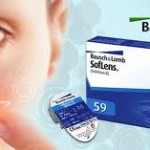Hard And Soft Contact Lenses. What Are The Differences?

So you have decided that you want to get new sets of contact lenses. That’s a great idea! Now you have to decide which one you want. Would you like the long-lasting hard contact lenses or the soft variant? If you cannot make a decision up front, it’s okay. That’s why you are here.
This guide will explain the following things;
- What soft and hard contact lenses are
- The advantages and disadvantages of the lenses
- How to maintain the two lens types
- Which one would be better for you
If these four things sound like what you would like to know, keep reading.
Soft Contacts
Soft contacts are types of contact lenses commonly prescribed for people new to wearing contacts. It is made with flexible plastic that allows oxygen to pass through to the cornea. It is also the first set of contact lenses to be manufactured in the 70s. Soft lenses have the following characteristics;
- Soft lenses are made from just two components; plastic and water. Some newer designs include silicone for more flexibility. Hence they are less irritable for first-time wearers.
- Very thin, soft contact lenses stick and conform to unique eye shapes. This feature also means that it is rather easy to forget you were wearing contacts if you have soft contact lenses on.
Hard Contacts
Hard contact lenses unlike the softer types are made from rigid gas-permeable materials. Also called rigid gas permeable contacts or RGP lenses, eye doctors approve these types of eye infections or defects that need to be corrected. RGP contact lenses are made of harder plastic that keeps their shape instead of conforming to the shape of your eye. They are better for people who are already comfortable with contacts and need to correct one eye problem or the other.
Gas permeable contacts have the following characteristics;
- They have a harder membrane and so do not change shape to fit eye shapes
- The rigid gas-permeable membrane allows for more oxygen to pass through. Hence is usually recommended for improved eye health and to correct myopia, most astigmatism problems, and any age-related vision loss.
Hard contact lenses vs. soft contact lenses
Now that you understand rigid gas permeable and soft contact lenses, it is time to compare them. From the definition, you can draw out the following ideas;
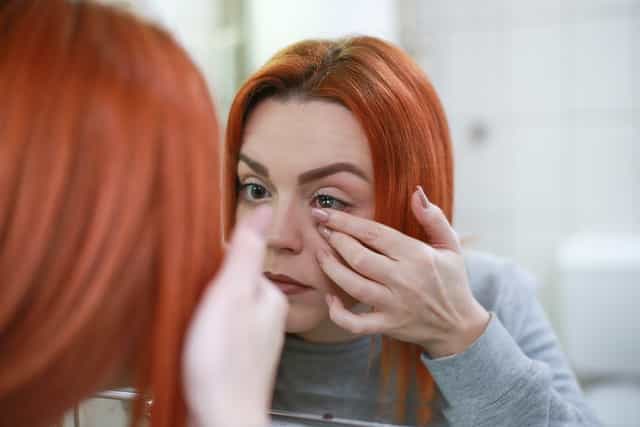
The thickness of the membrane:
Without too much going into detail, the rigid gas-permeable contacts have a thicker membrane than soft lenses. The thickness of the membrane directly depends on how they feel and conform to your eye. While RGP lenses might not conform to the cornea, they keep their form, providing sharper vision. Soft contacts are flexible and conform more easily. However, its ability to change its form to fit your cornea gives it a more blurred vision.
Level of Permability:
The level of oxygen that gets into your eye has a lot to do with eye health. The more oxygen is allowed, the healthier your eye will be under the lenses. Rigid gas-permeable lenses allow more air to pass through, which is why it is the most recommended contact for eye-related illnesses and defects. Some of them include farsightedness, nearsightedness, astigmatism, and so on.
Durability:
How long will my contact lenses last? That question, as simple as it is, has a rather non-straightforward answer. If you are using soft contact lenses, you can only have them for about a month. The contact lens might have lost form after two weeks or less if you used them daily. But you can own hard contact lenses for two years without needing to have them replaced frequently. You’ll only need daily cleaning and annual checking with your eye doctor to ensure that the contact lens stays durable.
Comfort:
When it comes to comfort, soft contact lenses take the lead. They are lighter on the eye and fit very well on the cornea. They stick, so they don’t move around too often. However, this means that they are not the easier to remove. Hard lenses, however, are loose on the eye and uncomfortable. But they are easier to remove.
Advantages and Disadvantages of Soft contact lenses
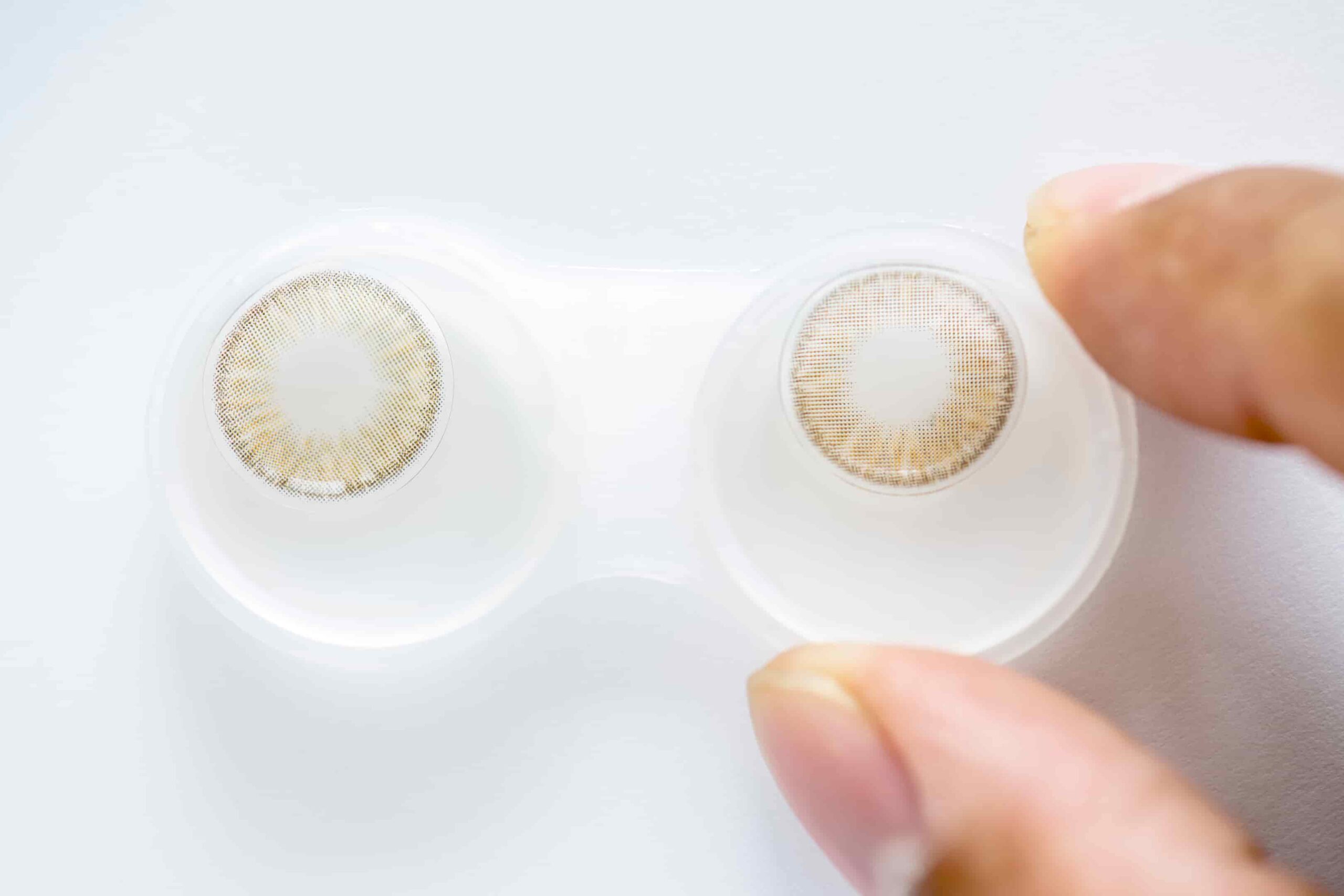
Pros
- They are comfortable to wear
- It molds easily to the eye
- They need a low level of maintenance
- Best for first-time contact lens wearers
- You can wear them while showering
Cons
- It is not very durable
- It is associated with a higher risk of eye infections that can cause dry eyes.
- It causes blurred vision
- You have to replace it often
- They do not correct every eye problem.
Advantages and Disadvantages of Hard lenses
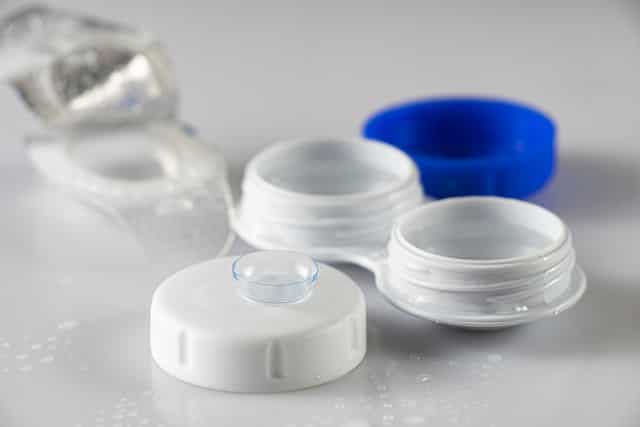
Pros:
- Very durable
- It is cost-efficient since you don’t have to replace it too often
- Clear and close-up vision
- Great for people with dry eyes
- Lower risk of eye infections
Cons
- Maintainance can be overwhelming
- Prone to dirt collection
- Not comfortable to wear
- You might always need to adjust
- It can break
How to Maintain the Lenses
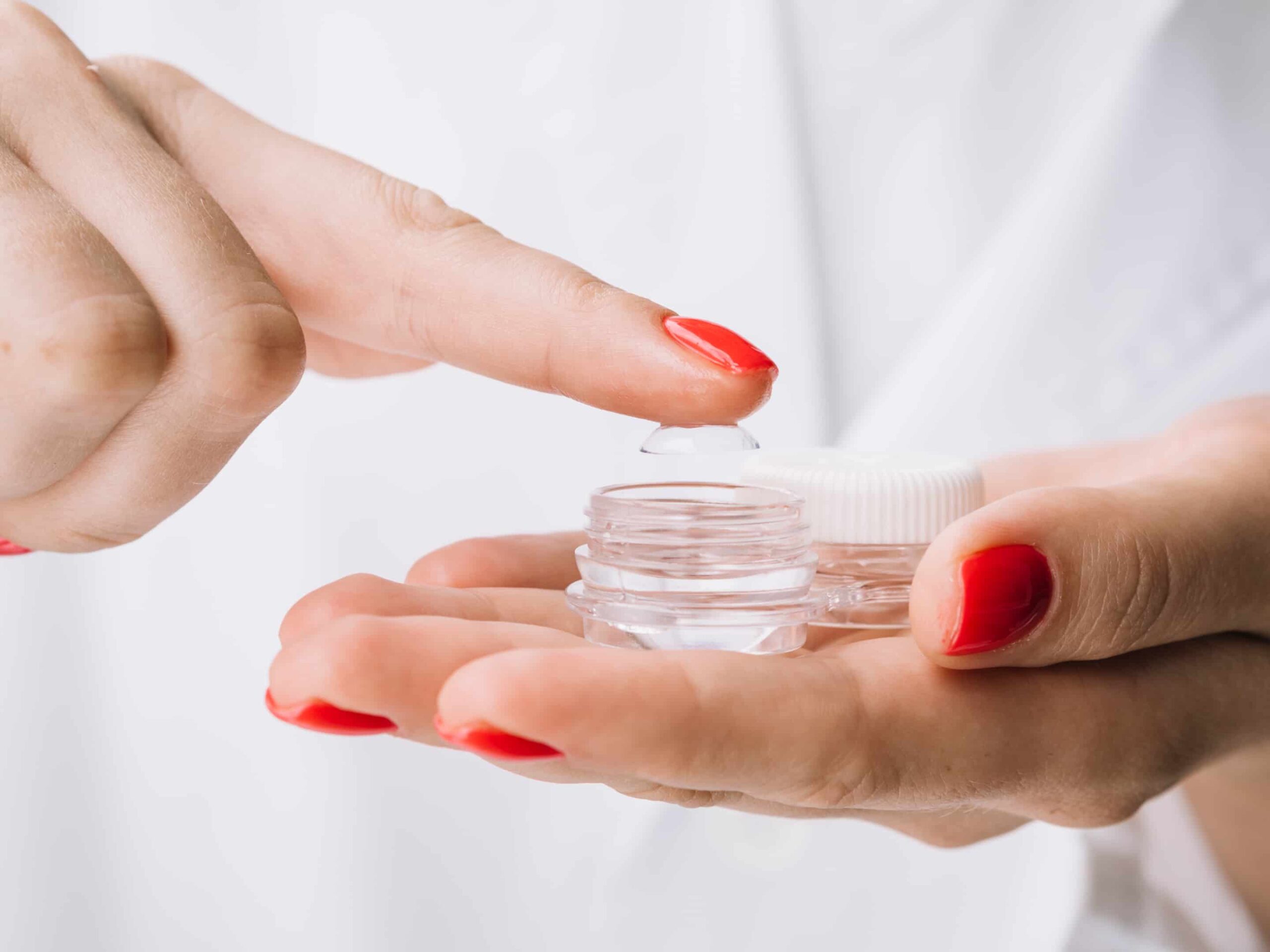
Regardless of which lens you choose, you need to maintain it. Maintaninace will ensure that the lens last as long as it should. It will also reduce your chances of catching an infection on both contact lenses. The following are the care tips for your lenses.
- Soft lenses:
- Don’t wear them for longer than a day (or however long your doctor prescribes its use)
- Refrain from using external drops. Use the ones specially made fro your contact lens.
- After every use, clean, rinse, and disinfect the lenses.
- Make it a routine to clean the lens case everyday. Let is dry before putting back the contact lens.
- Before you touch the lens (whether from the case, or on your eye to take them out), wash you hands and dry them properly.
- Hard contact lenses:
- Clean the lens after every week using enzymatic cleaners
- Use only drops and solutions made for hard lenses
- Don’t wear the lens when showering or swimming to prevent infection
Conclusion: What is the best contact lens for me?
Though the best contact lens is based on personal preference, you have to consult with your eye doctor to ensure that you are using the right lens for your eye. If you need eye defect corrections, you might need hard contact lenses. If you are a first-time user who wants to wear them for aesthetic purposes, the doctor might recommend soft contact lenses. Though this might seem like a plain description of which lens to get, you still need to go for an eye examination.




